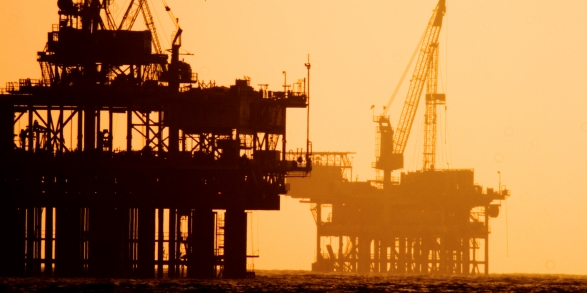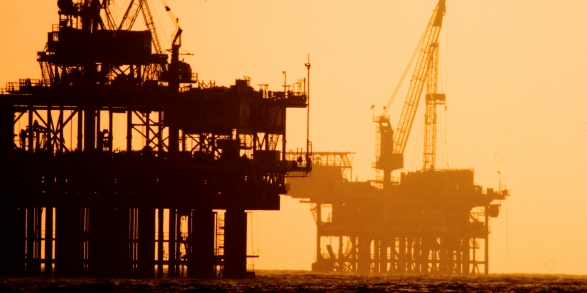Forty-one billion dollars. That’s the extra amount, over and above what was needed to keep pace with population growth and inflation between 2006 and 2013, this to fund Alberta government program spending in those years.
oil and gas
From the fur trade to fisheries and forests, Canada was built on the toil and sweat of those who wanted to prosper. But these days, it’s harder to create opportunity. And sometimes, government is to blame. The latest example comes from Nova Scotia.
In releasing its first-ever Arctic strategy recently, the Pentagon has shined a spotlight on the resource-rich Arctic regions increasing importanceand its growing security challenges. It may sound improbable, but the main source of global energy reserves and geopolitical tensions could shift in the not-too-distant future from the deserts and densely populated urban areas of the Middle East to the icy waters and desolate tundra of the Arctic.
Energy from the Arctic
The recent protests in New Brunswick against proposed hydraulic fracturing (fracking) has put a spotlight on the Elsipogtog (Elsi-book-took) First Nation, which has been extremely vocal in its opposition to proposed shale gas exploration. But however sincere these protests, they are ultimately misguided.
The recent native protests in New Brunswick against proposed hydraulic fracturing ('fracking') are not only devoid of facts but harm the potential for prosperity and lower personal taxes. Add in the anti-fracking frothing in neighbouring Nova Scotia, and also in Quebec, and it adds up to ill-advised provincial policies, this despite the safety of fracking.
Before detailing the potential for a lighter personal income tax burden if more resource development was allowed, here are the facts on hydraulic fracturing for oil and gas.
When we talk about energy policy here in Canada, whether provincial or national, the discussion usually revolves around investment, jobs, revenues, and the environment. That's generally been the terms of discussion on the recently killed Northern Gateway pipeline: who'll get the money, who'll get the jobs, and who'll bear the risk. But there's another dimension to energy policy that is often left out of the discussion, which is the idea of energy security, not only for Canada, but for the world as a whole. And decisions like Northern Gateway do little to add to Canada's energy security.
On the last day of May, the government of British Columbia gave the back of its hand to Alberta and indirectly to the rest of Canada, which benefitsand could benefit morefrom continued development of Albertas oilsands. Claiming insufficient environmental protections, the BC government rejected the proposed Northern Gateway pipeline project that would bring bitumen from Albertas oilsands to Kitimat, where it could be exported to markets in Asia.


